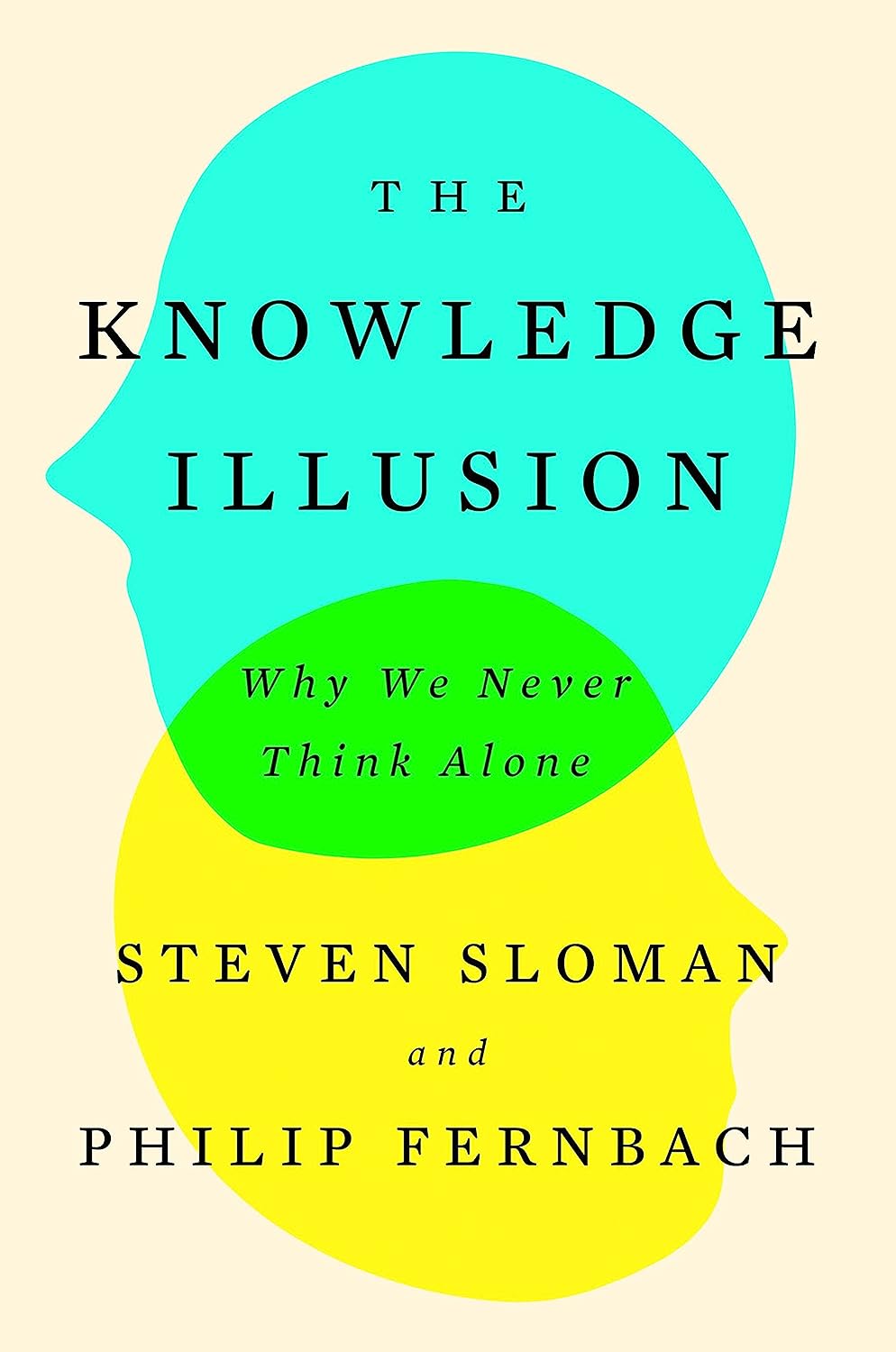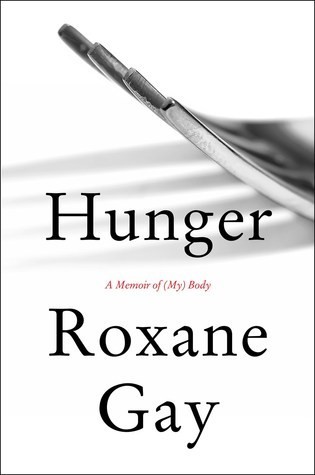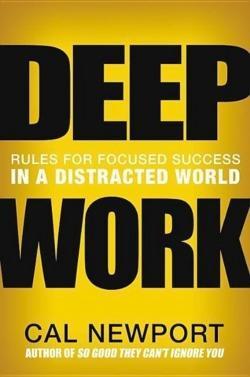KathyReid@bookwyrm.social rated The Knowledge Illusion: 4 stars

The Knowledge Illusion by Steven A. Sloman
We all think we know more than we actually do.
Humans have built hugely complex societies and technologies, but most …
technology. cybernetics. systems. science fiction. languages. machine learning. speech recognition.
This link opens in a pop-up window

We all think we know more than we actually do.
Humans have built hugely complex societies and technologies, but most …
Gordon's work on ant colonies provides a tractable and easily understandable way in to both systems thinking and understanding complexity. By using ants and ant colonies as the object of analysis, Gordon asks questions that all systems analysts would. From exploring how actors sense and respond to their environment, to inquiring as to how the system self-regulates behaviour such as foraging for food, this work is grounded firmly in science, while being clear about what answers we still have not discovered.
My key critique of this work is that the last chapter on modelling feels undone; I would really have liked to see systems diagrams of the phenomena visualised.
Gordon's work on ant colonies provides a tractable and easily understandable way in to both systems thinking and understanding complexity. By using ants and ant colonies as the object of analysis, Gordon asks questions that all systems analysts would. From exploring how actors sense and respond to their environment, to inquiring as to how the system self-regulates behaviour such as foraging for food, this work is grounded firmly in science, while being clear about what answers we still have not discovered.
My key critique of this work is that the last chapter on modelling feels undone; I would really have liked to see systems diagrams of the phenomena visualised.

A light, easy introduction to the psychological concepts underpinning overwhelm, including alignment with personal values, boundary-setting, procrastination and perfection. There's nothing particularly new or revelatory here; but this is a great starting point for those wanting to dip their toe into the topic.

One of the most valuable skills in our economy is becoming increasingly rare. If you master this skill, you'll achieve …
This easy-to-read guide is aimed at helping graduate students create habits of writing that will serve them both as students and as early-career researchers. The over-arching message of the book is that you can write anywhere, at anytime - and that you much challenge the "specious barriers" you place in your own way. The later chapters of the book focus on the writing pipeline, such as preparing articles for submission to journals, books, and grant applications.
Well worth a couple of hours for any new PhD candidate.
This easy-to-read guide is aimed at helping graduate students create habits of writing that will serve them both as students and as early-career researchers. The over-arching message of the book is that you can write anywhere, at anytime - and that you much challenge the "specious barriers" you place in your own way. The later chapters of the book focus on the writing pipeline, such as preparing articles for submission to journals, books, and grant applications.
Well worth a couple of hours for any new PhD candidate.

Published edition, differing in text from the first edition. From www.astralcodexten.com/p/unsong-available-in-paperback :
Seven years ago, I wrote an online serial …

Aaron Smith-Teller works in a kabbalistic sweatshop in Silicon Valley, where he and hundreds of other minimum-wage workers try to …
This is an accessible, well-structured guide both for those new to reflective practice, and those guiding or instructing others in the discipline of reflective practice.
It provides solid, but not overwhelming, theoretical foundations for different approaches to reflective practice, and pragmatic, easily-implementable strategies for structuring reflecting writing, responding to emotions in reflective ways, and understanding the role reflecting practice plays in life-long learning and professional development.
I only wish this book had been recommended to much earlier.
This is an accessible, well-structured guide both for those new to reflective practice, and those guiding or instructing others in the discipline of reflective practice.
It provides solid, but not overwhelming, theoretical foundations for different approaches to reflective practice, and pragmatic, easily-implementable strategies for structuring reflecting writing, responding to emotions in reflective ways, and understanding the role reflecting practice plays in life-long learning and professional development.
I only wish this book had been recommended to much earlier.